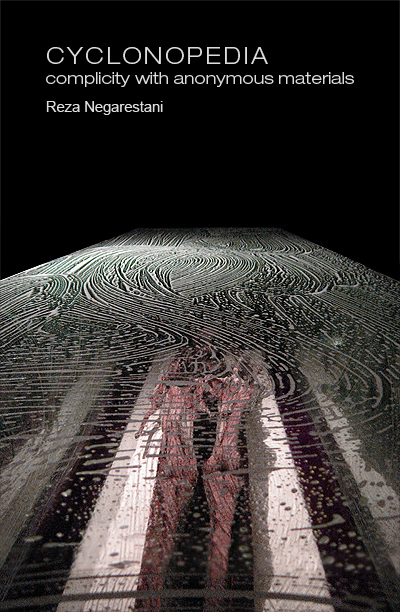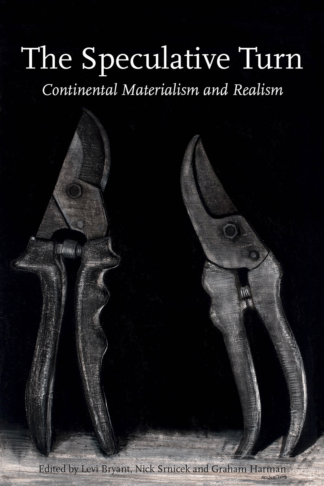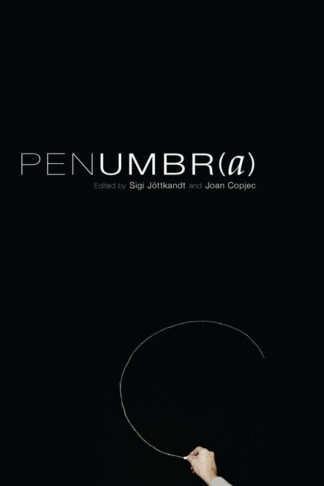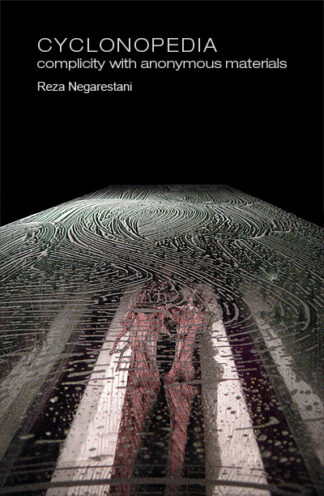Description
Reza Negarestani
Cyclonopedia is theoretical-fiction novel by Iranian philosopher and writer Reza Negarestani. Hailed by novelists, philosophers and cinematographers, Negarestani’s work is the first horror and science fiction book coming from and written on the Middle East.
Incomparable. Post-genre horror, apocalypse theology and the philosophy of oil, crossbred into a new and necessary codex.
(China Miéville, author of Perdido Street Station)
Reading Negarestani is like being converted to Islam by Salvador Dali.
(Graham Harman, author of Guerrilla Metaphysics: Phenomenology and the Carpentry of Things)
This brilliant and exhilarating work is a forensic journey across the surface territories of the middle east and into the depth of its sub-terrain. The earth is produced as a living artifact, gutted and hollowed out by nomadic war tactics, the practices of extreme archeology and the logic of petroleum extraction. Inventing a radical new language and reconceptualizing the relationship between religion, geology, and ways of war, Reza Negarestani philosophically ungrounds thus the very grounds of contemporary middle-east politics.
(Eyal Weizman, author of Hollow Land)
It is rare when a mind has the courage to take our precious pre-conceptions of history, geography and language and turn them all upside down, into a living cauldron, where ideas and spaces become alive with fluidity and movement and breathe again with imagination and wonder. In this great novel by Reza Negarestani, we are taken on a journey that predates language and post dates history. It is all at once apocalyptic and a beautiful explosive birth of a wholly original perception and meditation on what exactly is this stuff we call ‘knowledge’.
(E. Elias Merhige, director of Begotten and Shadow of the Vampire)
Cyclonopedia is an extraordinary tract, an uncategorizable hybrid of philosophical fiction, heretical theology, aberrant demonology and renegade archeology. It aligns conceptual stringency with exacting esotericism, and through its sacrilegious formulae, geopolitical epilepsy is scried as in an obsidian mirror.
(Ray Brassier, author of Nihil Unbound: Enlightenment and Extinction)
Reza Negarestani’s Cyclonopedia is rich and strange, and utterly compelling. Ranging from the chthonic mysteries of petroleum to the macabre fictions of H. P. Lovecraft, and from ancient Islamic (and pre-Islamic) wisdom to the terrifying realities of postmodern asymmetrical warfare, Negarestani excavates the hidden prehistory of global culture in the 21st century.
(Steven Shaviro, author of Doom Patrols: A Theoretical Fiction about Postmodernism)
The Cyclonopedia manuscript remains one of the few books to rigorously and honestly ask what it means to open oneself to a radically non-human life – this is a text that screams, from a living assemblage known as the Middle East, ‘I am legion.’ Cyclonopedia also constitutes part of a new generation of writing that refuses to be called either ‘theory’ or ‘fiction’; a heady mixture of philosophy, the occult, and the tentacular fringes of Iranian culture – call it ‘occultural studies’. To find a comparable work, one would have to look back to Von Junzt’s Unaussprechlichen Kulten, the prose poems of Olanus Wormius, or to the recent ‘Neophagist’ commentaries on the Book of Eribon.
(Eugene Thacker, author of Biomedia)
From the city of Poetry and Roses in Iran comes this bloody bypass surgery on the heart of darkness.(
(David Porush, author of Soft Machine: The Cybernetic Fiction)
Negarestani’s Cyclonopedia meticulously plots the occult matrices of an archaic petrochemical conspiracy that has set the earth on its carbon-cycle feedback loop to Hell.
(John Cussans, Chelsea College of Art and Design)
Western readers can expect their peculiarly schizoid condition to be ‘butchered open’ by this work. Consider a grotesquely reductive, violent, comic yet still suggestive thesis: Islam is to Negarestani what Marxism is to Bataille. […] Read Negarestani, and pray.
(Nick Land, author of The Thirst of Annihilation: Georges Bataille and Virulent Nihilism)




